![]()
Many people associate blockchain technology with bitcoin and nothing more, but many industries stand to benefit from it. One of those sectors is the commercial vehicle industry. While it may be difficult to make the right moves in a moving market, many are finding that blockchain technology will work harmoniously with the industry’s advances in technology.
What Exactly is Blockchain?
Simply put, blockchain technology is a digital ledger in which all user transactions are registered in time-stamped “chain” of “blocks” of information. The chain of data is immutable, which is what makes it so secure. It further allows its users to work within a decentralized network creating transparency. According to Sarah Holder of trucks.com, blockchain could revolutionize the future of trucking and logistics by creating a new system of completing transactions, tracking shipments and managing fleets.
Transparency
Blockchain expert, Richard Etwaru has referred to the technology as “An opportunity to change trust in commerce.” This technology provides transparency in transactions, equipment history, and decreases the risk of fraud. The group Blockchain in Trucking Alliance (BiTA) was formed by tech and transportation executives. This alliance is developing a blockchain standard. They are also educating other members of the freight industry about the different ways the industry could benefit from utilizing this standard. Their goal is to bring together leading companies in the freight technology industries that have a vested interest in the development of blockchain technology. BiTA currently has over 200 members, and is growing exponentially as more organizations realize the benefits of the blockchain technology.
Time and Cost Reductions
Additional time and cost reductions could be found as more fleets begin using blockchain to work within the same network. A great example is Toll Collection Systems or Truck Wallet Systems, which would allow trucks to go through tolls more efficiently. Service and maintenance time could be lessened for fleets and other benefits including: refueling, parking, freight brokering and cargo safeties. While this system is currently optional, the Federal Motor Carrier Safety Administration’s ELD (Electronic Logging Device) Mandate of 2015, shows that digitalization is no longer a matter of convenience. According to this mandate, fleets will have until December of 2017 to implement the ELDs to record their hours of service. While some drivers previously used it to lessen paperwork, the mandate intends adding clarity to the logs of the drivers, concurrently working with blockchain technology.
The transportation industry’s early adopters of blockchain will face challenges. They will be overcoming integrations, privacy rights, and the growing pains of standardizations. However, they will also have the competitive advantage over those that are slow to adopt, especially with the increase in alliances that help educate and connect businesses. While it may be difficult to make the right moves in this fast moving industry, those that take the road paved in blockchain may stand to benefit the most.

